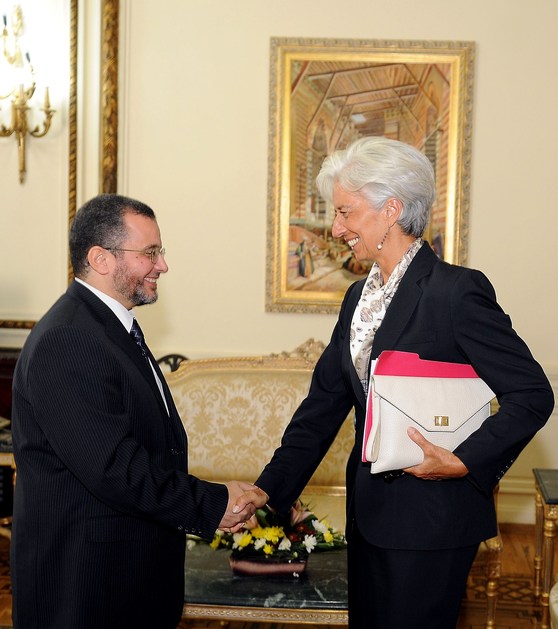
(DNE File Photo)
In spite of the crises the country witnessed in the last four years, Russian tourists were on the top of the tourist flow rates visiting Egypt. The Egyptian Tourism Authority will work to increase advertising campaigns in Russia, Eastern European countries, and regions of East and South Asia.
Daily News Egypt speaks to head of the authority Samy Mahmoud.
First, how do you see the Russian rouble crisis and its impact on tourists flow to Egypt?
Russian tourism was a very important market for Egypt in the last period, especially during the last four years, despite the difficult political circumstances we witnessed.
The number of Russian tourists visiting Egypt last year reached nearly three million out of a total of 10 million tourists; they are one-third of visitors and a very important market.
However, tourist flow to Egypt during 2015 will be affected by the European Union sanctions.
The Ministry of Tourism demanded that the government cancel entrance fees for the Russian tourists starting from January until next February, and the government approved the demand.
We do not want to rush by announcing data on the reduction percentage for the Russian market during the next period. The authority is working on increasing marketing campaigns in Russia, besides giving incentives to Russian airlines.
This situation does not apply only to the Russian market. Egypt has a great competitive ability in Eastern European markets which are growing significantly, especially the Czech Republic and Poland, among others.
Even with the war crisis in Ukraine, the country’s tourist flow to Egypt remained the same.
How do you see East and South Asian markets?
These markets are very promising, despite the sensitive security situation in Egypt, especially Japan and India, which has many common cultural traditions with Egypt.
With regards to the Japanese market, I have worked in this market for almost two years as manager of the Egypt Tourism Authority in that country. Japanese tourism spending exceeds $250 per night, which is a very high rate compared to the current spending at $81.
The Japanese as well as the Chinese tourists’ spending is very high. Many tourists come from these places and we must have a share from these markets whatever the number is. We also need to increase these numbers in light of the high income these tourists have.
Egypt’s presence in these markets depends on EgyptAir’s flights. How do you overcome this issue?
It is true, and this problem will be overcome through launching air charters and regular flights. Transporting 300 passengers requires 20 flights a month, while all plans are being put into consideration to attract tourists to visit the country in light of the challenges we’re facing.
I would like to add that tourists from East and South Asia very much love cultural tourism, especially that of Aswan and Luxor, which was significantly affected during the past four years.
A protocol was also signed between the Egyptian Tourism Federation and its counterpart in India for mutual cooperation. As per the protocol, we will work on attracting 150,000 and up to 300,000 Indian tourists at the least in 2015.
The aviation sector is one of the important sectors supporting tourism. The Ministry of Tourism and the Ministry of Civil Aviation were supposed to be one ministry since they have the same mission, which is attracting tourists to Egypt in order to raise flow and income.
What about the traditional markets?
Egypt’s reputation in traditional markets is good. These markets represent 72% of the total annual tourist flow in Egypt, in addition to the Arab markets (especially the Eastern countries) for which we launched some campaigns to visit coastal cities in the Red Sea and South Sinai.
How do you see 2015 in light of the recent terrorist attacks?
Egypt’s tourism is strong even after the challenges we have been facing along its history. It has made a recovery known to everyone working in the Egyptian tourism sector.
By the end of last year, tourism income had a growth of up to $7.5bn, compared to $5.9bn in 2013. This indicates that we are going in the right path, along with the third phase of the roadmap which is the parliamentary elections.



